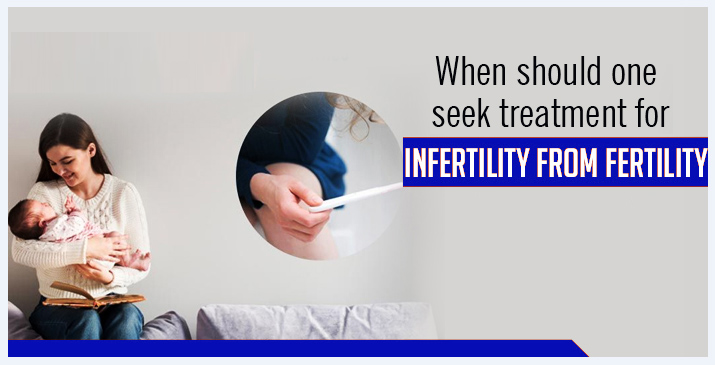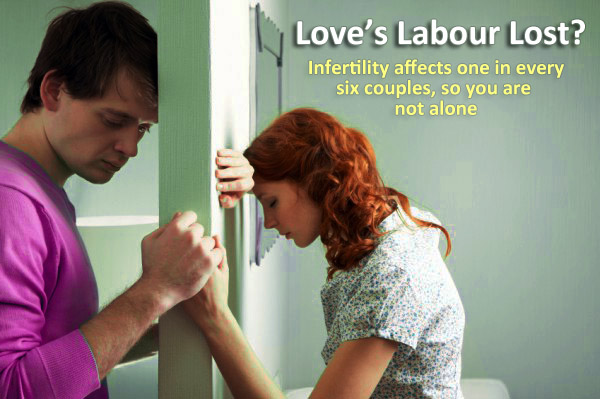Sexual Health of Teens – Today’s teens aren’t alien to an active sex life. But it’s important for them to be equipped with the right information.
Does the social stigma attached to sex, keep you from discussing the problems related to it, openly? Are you a teenager with an active sex life but don’t visit a gynaecologist for regular check ups? If your answer is a yes to either of these questions, read on.
“Teenager” and “sex” mentioned together raise eyebrows. “But the fact is that many teenagers have an active sex life today and it’s imperative to discuss with them sex-related problems, especially sexually transmitted diseases (STD). Most of them have doubts and misconceptions regarding sexual health,” informs sexologist Doneparthi. We bridge the gap by getting experts to discuss common sex-related problems.
Masturbation and Intercourse
Myths related to sex shroud the practice of masturbation. Despite health journals informing that masturbation is normal, many teenagers are wary of it, especially girls who think it’s meant only for men. Sexologist Venkat Ramana states, “Masturbation is a normal practice that makes one comfortable with one’s sexuality and makes one better prepared to face a partner in future. Physically, it’s very safe, but can be unhealthy, psychologically, often leading to addiction. I have witnessed cases among teenagers where masturbation has led to a complete lack of concentration. However, that should not stop anyone from seeking pleasure through controlled masturbating” Masturbation alleviates stress and releases endorphin (the pleasure hormones), making you more relaxed.
STDs and HIV
“The most common sexually transmitted diseases (STD) are Herpes, Syphilis, Gonorrhea and Non-gonococcal urethritis (NGU) familiar as Chlamydia. All of them are passed on from one person to another by unprotected intercourse or oral sex,” reveals Dr Ramana. There is no treatment for Herpes. “People suffering from herpes are treated only to ease the symptoms. Later, they take medicines to build up their immunity against future breakouts. As for the other STDs, they are easily curable with administration of widely available drugs,” she points out. “Today, most teenagers are aware of HIV, but they give in to that weak moment and indulge in unsafe sex. Those with multiple partners should make it a point to always use a condom. It might sound embarrassing, but small moves like this can be a life-saver,” says Dr Ramana.
Contraception
“If a condom is properly used, it can offer up to 98 per cent protection against STDs, HIV and unwanted pregnancies. But teens often come up with problems where negligent use of a condom has led to their partner taking pills. Such emergency contraceptives are not advisable, as they have numerous side-effects like nausea, irregular vaginal bleeding and aren’t a fool-proof safeguard against pregnancy. Like in the west, young women in the city should consult a trusted physician before making a choice of contraceptives,” advises Dr. Ramana.
Pregnancy and Abortion
Dr. Doneparthi says, “The methods of contraception used should be reliable enough to avoid unwanted pregnancy, that can prove traumatic. Apart from a physician, one must visit a gynaecologist after taking contraceptives, before the next menstrual cycle” He continues, “Unwanted pregnancies are not rare nowadays, even among educated teenagers. Abortions quietly take place in private nursing homes and the matter is hushed up until after marriage, when women face problems conceiving due to neglect of post-abortion healing.”
Regular check-ups
“A routine check-up is a must for all those young adults who have had sex at least once in their life. The procedure is simple. First you need to honestly divulge the history of your sex life. Based on which we make a case study and assess risk factors, if any. Accordingly, we prescribe tests, even for HIV. In case the tests show any trace of STDs, the patient is given a mandatory counselling. Thereafter, he or she may consult the doctor when required,” concludes Dr. Ramana.





